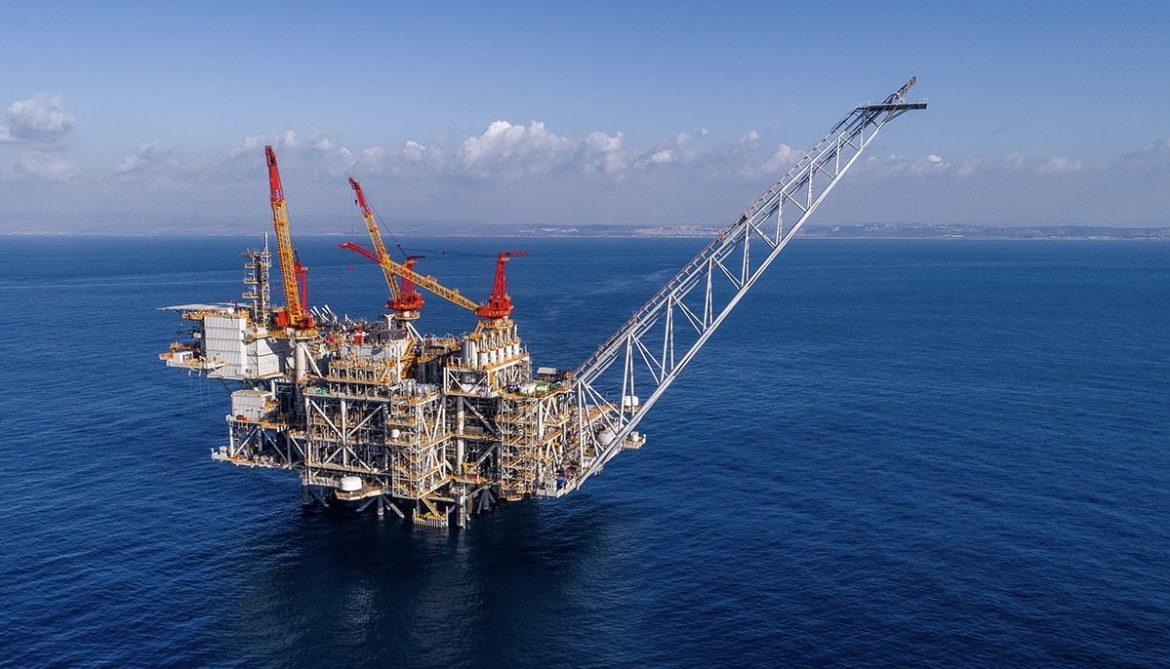KEY POINTS
- Leviathan, Israel’s largest offshore gas field, will supply Egypt with 130 bcm of gas through 2040 in the country’s biggest-ever export deal.
- The agreement strengthens Egypt’s regional energy hub ambitions amid domestic supply shortfalls and blackouts.
- New pipeline infrastructure and a Leviathan expansion project will support the phased gas supply starting 2026.
With a record-breaking $35 billion export agreement to supply natural gas to Egypt through 2040, Israel’s Leviathan gas field, a deepwater reservoir off the Mediterranean Coast has strengthened Egypt’s position as a regional energy hub and increased energy interdependence with Egypt.
The largest energy export contract in Israel’s history, the deal was announced by NewMed Energy, a major partner in the Leviathan consortium.
It puts Egypt in a position to gain long-term access to a crucial energy source at a time when its domestic supply has faltered. The agreement for 130 billion cubic meters (bcm) expands on a deal for 60 bcm in 2019, of which 23.5 bcm have been delivered thus far.
According to a statement from NewMed CEO Yossi Abu, “this is the most strategically significant export deal to ever occur in the eastern Mediterranean.” “It demonstrates that natural gas can serve as an anchor for cooperation rather than just competition and solidifies Egypt’s position as the most important hub in the region.”
Phased delivery amid growing regional challenges
Israel will begin delivering the first 20 bcm under the new agreement in early 2026, following the installation of more pipelines. After the Leviathan expansion and a new transmission line from Israel to Egypt via Nitzana are completed, the remaining 110 bcm will be supplied in a second phase.
Egypt is dealing with mounting energy pressures at the time of the announcement. Due to dwindling domestic gas production and tight government budgets, rolling blackouts have afflicted the nation for two summers in a row. Egypt has recently signed contracts for up to 160 liquefied natural gas (LNG) cargoes, reversing its previous goal of becoming a major gas exporter to Europe and becoming a net importer.
With the infrastructure to convert Israeli gas into LNG for export worldwide, especially to energy-hungry European markets seeking to diversify away from Russian supplies, Egypt maintains its strategic location in spite of these setbacks.
A key component of Israel’s attempts to profit from its offshore reserves, production at Leviathan, run by Chevron in collaboration with partners NewMed and Ratio Energies, started in 2020. An estimated 600 bcm of recoverable gas is present in the field.
The agreement also follows the temporary suspension of Leviathan operations during the Israeli-Iranian conflict in June, which brought attention to the region’s unstable security environment and the dangers of energy infrastructure.
With production capacity anticipated to last until 2064, the expanded Leviathan system is anticipated to support supply to Israel, Egypt, and possibly other regional partners well beyond 2040 once it is fully operational.



